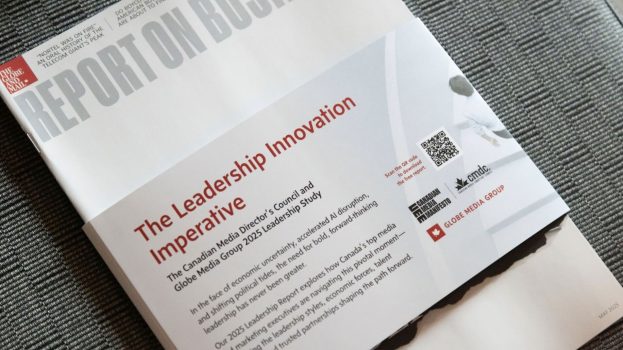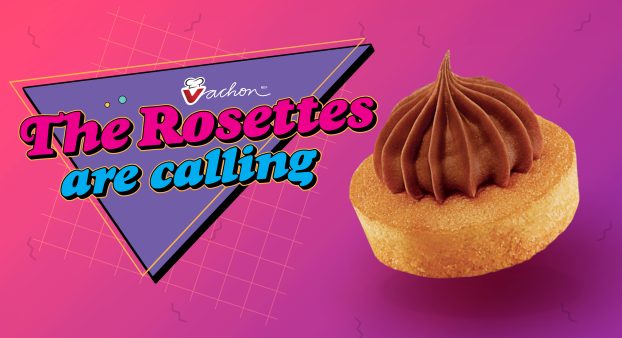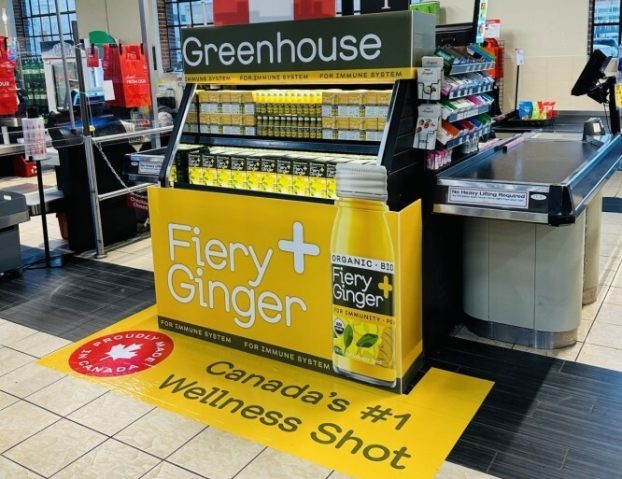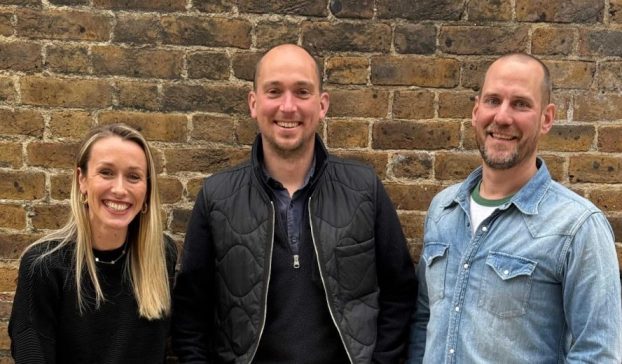While so many in the advertising industry are trimming fat or wondering whether they will even survive, The Quarry Group has been quietly flourishing.
In 1987, R.M. Quarry Advertising had six employees and $2 million in billings.
These days, The Quarry Group, based in Waterloo, Ont., about 90 kilometres west of Toronto, comprises six companies with ‘a core of 15 major clients,’ five in Toronto, a staff of 40 and billings of $20 million.
The main reason for the success of this company, which says it has never lost a pitch to a Toronto agency, is its president’s strong belief in diversification.
Effective Oct. 1, Alan Quarry, 40, who has since 1988 been running the agency his father started as a one-person shop in 1973, takes his business into a new stage of growth.
The core company, Quarry Advertising, will be renamed Quarry Communications.
Quarry says the changes have to do with ‘getting out of the old agency paradigm, being a very restricted, commission-driven, we-only-do-ads [mentality], which is dumb.
‘We no longer act as an `agent,’ ‘ he says. ‘We’re not on a media commission basis with any of our clients. People now come to us for creative solutions to communications problems. `Agency’ is a label that is too limiting.’
Quarry says his strategy of expansion is a matter of anticipating demands in the marketplace.
‘[When we looked for business,] a lot of people in the regional area would say either `You’re an ad agency, and we don’t need anything that big’ (even though we were only a six- or seven-person operation), or else, `We’re big enough that we have a Toronto agency and there’s a non-competition clause,’ ‘ he says.
However, Quarry says he discovered potential clients were working with art studios in Kitchener-Waterloo and he realized he was losing business.
Adapted
Consequently, he adapted to the needs of the customers and in 1988 started the design and sales promotion subsidiary, Accelerate Design.
‘Accelerate was really the beginning of [our] breaking out of the traditional agency approach to things, ‘ he says.
In 1989, Quarry moved into database marketing with a new subsidiary named dBasics, a move which was followed a year later by an established firm, Ratchford Design Associates, joining the group.
He says dBasics ‘came about as a result of a conference I attended where [marketing guru] Stan Rapp was the speaker.’
‘[Rapp] talked about how the traditional agency would have to change in order to meet clients’ needs and get more into contacting the consumer in a direct and integrated way. DBasics led us into learning a lot more about new communications channels.’
Serious threat
Quarry maintains the growing number of these ‘channels’ poses a serious threat to the way traditional media departments operate.
He says his own will soon be revamped into ‘a communications channels department that will select the best and integrated way to get your message from the sender to the receiver.’
In February of this year, Quarry made an unusual move: he launched a Toronto joint venture.
His business interests in Toronto had been increasing and he felt he needed a stronger presence in the city, both to service current clients and to seek more.
The new three-person firm, Hughes & Hand Marketing Communications, focusses on business-to-business.
h&h provides account service and strategic planning, while most of the creative is produced in Waterloo. The offices are linked by computer.
Hughes & Hand
The principals of the company are Bob Hughes, who had been president of Harrison Advertising, Toronto, and Bill Hand, who was previously president of agency Stone and Hand, Toronto.
Quarry’s latest offspring – Rural Roots Market Intelligence – is designed to pave the way for the new ‘information highway,’ the communications technology which will make the television, the personal computer and the telephone one interactive unit.
Vehicle for dialogue
Quarry, which is considered among the top agricultural ad agencies in Canada, wanted to provide a service to keep its agricultural clients informed and to get information from the field.
Basically, with Rural Roots, Quarry has hired farmers in all the major rural markets to provide company clients with consumer opinions and data on a variety of subjects, not just agribusiness, although part of the process will include monitoring competitor activity.
Network members will communicate with Rural Roots and each other via electronic mail.
‘What we’ll be able to do with this network is identify trends, check [our] assumptions and develop a meaningful dialogue with the marketplace,’ Quarry says.
‘Direct mail has an expiry date on it as far as our industry goes. It doesn’t even cut it now, as far as I’m concerned [since it’s paper.]’
Quarry points out that personal technology is the wave of the future. And the future is now.
‘The successful companies in the next decade are going to be knowledge-based companies,’ he says. ‘We have to be learning more quickly all the way along because that’s what will differentiate us from our competitors.’
Quarry says clients are most concerned about value and what he takes the most pride in is the success of his clients.
‘If they’re successful, we’re successful,’ Quarry says. ‘Their hopes and dreams for success become very important to you, and if you’re sincere in that, that’s valued.
‘When you walk into their office they say, `There’s Alan Quarry. He helps me make money,’ as opposed to, `There’s Alan Quarry. He costs me money.’ ‘
Quarry continually seeks knowledge of his clients and knowledge of his own changing business because, ‘as that famous philosopher Wayne Gretzky said, `It’s not enough to know where the puck is, you’ve got to know where it’s going next.’
‘You learn to trust your intuition, control your fear and keep moving ahead,’ he says. ‘I think we have to anticipate and welcome change. And have fun.’























